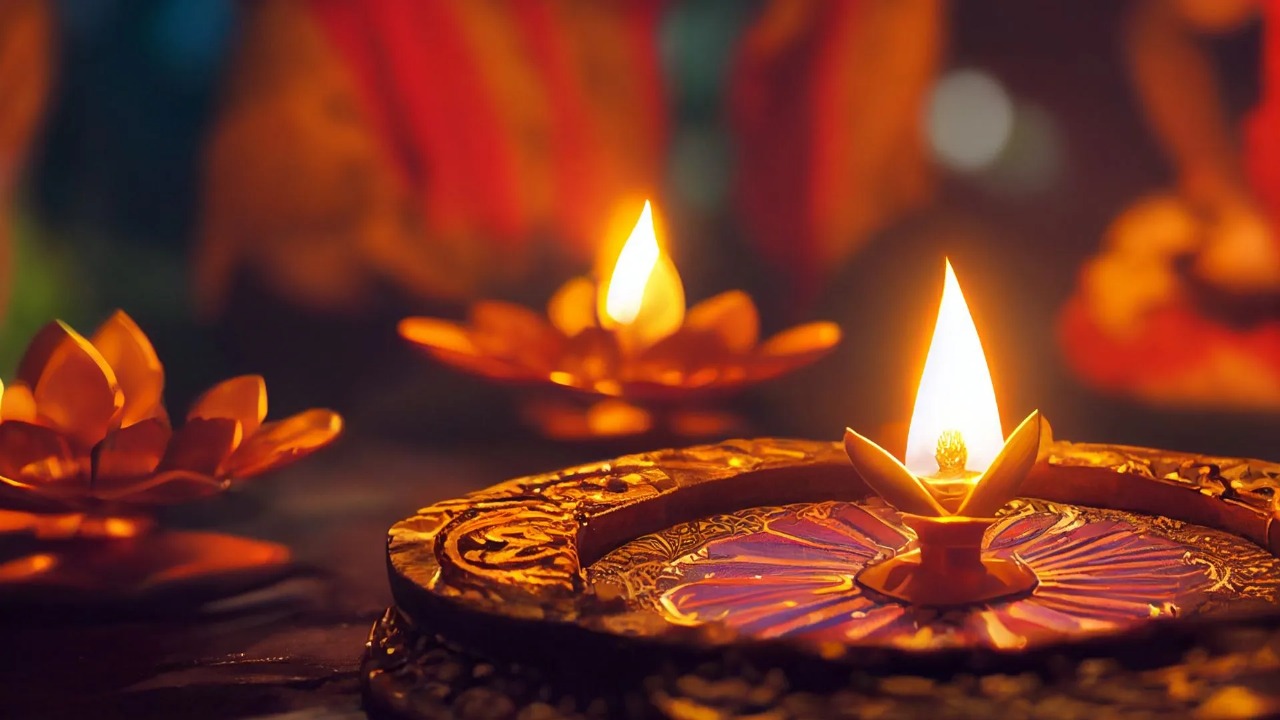As Diwali 2025 approaches, environmental concerns are intensifying, prompting strong calls for green and eco-friendly celebrations. Initiatives promoting reduced firecracker use, biodegradable decor, natural rangoli, and energy-efficient lighting aim to cut pollution and protect public health, shaping a sustainable festive spirit across India’s urban and rural communities.
With Diwali just around the corner, awareness about pollution and environmental degradation has brought the Green Diwali movement into sharp focus. Authorities, environmentalists, and social groups are urging citizens to adopt eco-friendly practices to mitigate air and noise pollution associated with traditional festival celebrations.
Firecrackers, a hallmark of Diwali festivities, contribute significantly to hazardous particulate matter spikes, affecting respiratory health and overall air quality. The Supreme Court has mandated use of low-emission green crackers, and government campaigns emphasize reducing firecracker consumption altogether.
Simultaneously, natural and biodegradable alternatives are being promoted. Organic rangoli made from rice flour, turmeric, and flower petals is encouraged in place of synthetic colors that harm soil and water bodies. Earthen lamps fueled by ghee or oil substitute electric and battery-operated lights, minimizing electricity consumption.
Major municipal corporations and civic bodies have launched cleanliness drives under initiatives like “Swachh Diwali” to ensure waste segregation and avoid plastic pollution. Programs encourage the 3Rs—Reduce, Reuse, Recycle—and promote sustainable gifting and packaging during the festive season.
The ethos of Green Diwali transcends pollution control, inspiring a cultural shift that respects tradition while preserving the environment. Family and community activities now include tree-planting, zero-waste events, and awareness campaigns aimed at children and youth to foster eco-conscious values.
Important Points:
-
Firecrackers cause significant air quality deterioration; green crackers and low/no-cracker events urged.
-
Organic rangoli, earthen lamps, and solar-powered decorations promoted for sustainable festival ambience.
-
Civic bodies implement ‘Swachh Diwali’ campaigns focusing on cleanliness, plastic reduction, and waste segregation.
-
Emphasis on 3Rs and zero-waste gifting supports long-term environmental stewardship.
-
Public health benefits from reduced noise and air pollution, especially benefitting children and elderly.
-
Schools and NGOs mobilize educational campaigns promoting eco-friendly Diwali values.
-
The green celebration movement aims to balance cultural heritage with sustainable future goals.
As India embraces a cleaner, greener Diwali, these combined efforts mark a transformative shift in the festival’s cultural fabric, fostering celebrations that enrich lives and nurture the planet.
Sources: Economic Times, NDTV Health, Times of India, Swachh Bharat Mission Urban, Hindustan Times.

